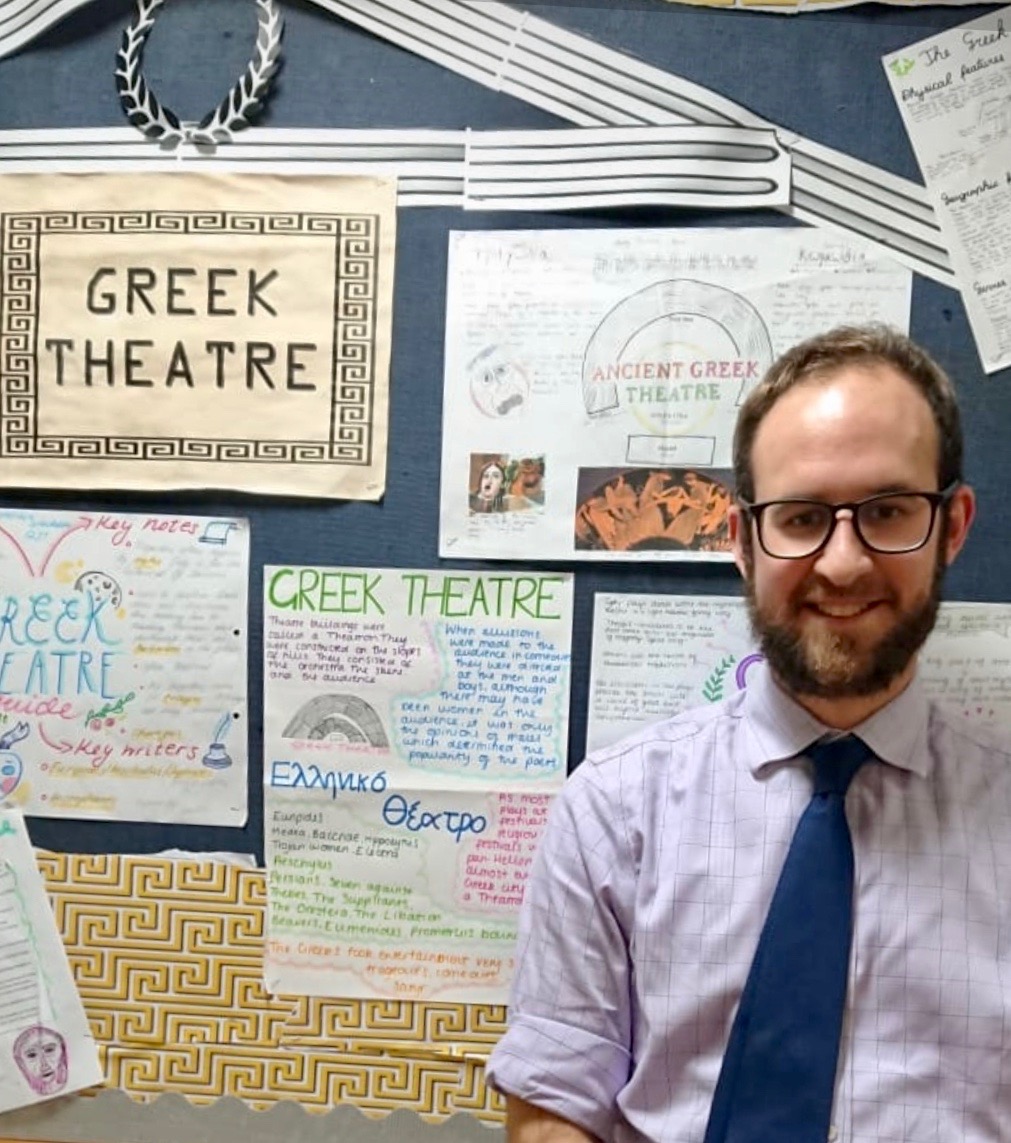

Parry himself had his own compelling story: born in Oakland, California, in 1902, he earned his BA and MA at Berkeley, one city over. The first occurred when I was rereading the work of the 20th century American scholar Milman Parry. I offer three examples, each of which I encountered as I worked in the near complete solitude of the library at the Center for Hellenic Studies during the Pandemic. Sometimes, the pointers to the historical context are explicit, if incomplete. But even if we are pursuing what seem to be very technical scholarly topics, we can find ourselves suddenly transported out of the narrow world of scholarship and blinking in the light as we realize that we have entered not only into a fundamentally alien ancient world but also into modern worlds that are also arrestingly different from our own experience. The basic subject matter is the same and some topics have been explored for centuries. One of the great pleasures of this field for me is, even when working with the output of other scholars, to find myself thrown unexpectedly into a very different time and place. But even the most narrowly academic research on Greek and Latin, published in traditional languages of Greco-Roman studies such as English, French, German and Italian, challenges us to imagine places and situations far removed from our own. The reception of Greek and Roman culture over time in society as a whole is, of course, a lively field of its own. The technical study of Greek literature and the echoes of a larger world This class will expand the role of Classical Arabic in Classical Studies at Tufts. 1593 by Mahmud Kati, and the Tarikh as-Sudân, composed by al-Sadi (c. As a first step, the fall 2021 course on Classical historians at Tufts University will center not only on sources such as Herodotus, Thucydides, Livy and Tacitus but on two histories that focus on the Songhay Empire: the Tarikh al-Fattâsh, begun c. I will also briefly discuss the use of Classical Arabic to explore locally produced sources about West African history and culture. I report on developing for a spring 2021 course on Epic Poetry a 10,000-line Mandinka/English corpus of stories produced by West African Griots. The third section describes a more concerted attempt to expand beyond North Africa and to include sources from Sub-Saharan Africa. This section builds on work that I have published in the past distinguishing Greco-Roman from Classical Studies. The second section talks about the general need for Classics and Classical Studies in a country such as the United States to extend beyond Greece and Rome. This section describes an aspect of Greco-Roman studies that is both too demanding and too narrow - too demanding because it assumes that anglophone researchers work with scholarship in languages such as French, German, and Italian, but too narrow because it does not engage with scholarship that is not in a major European language. The first section describes three instances where very technical scholarship on Greek literature overlaps with, and draws attention to, particularly dramatic historical contexts. Abstract: This paper consists of three complementary parts.


 0 kommentar(er)
0 kommentar(er)
